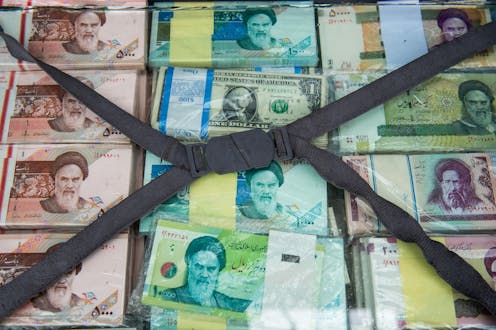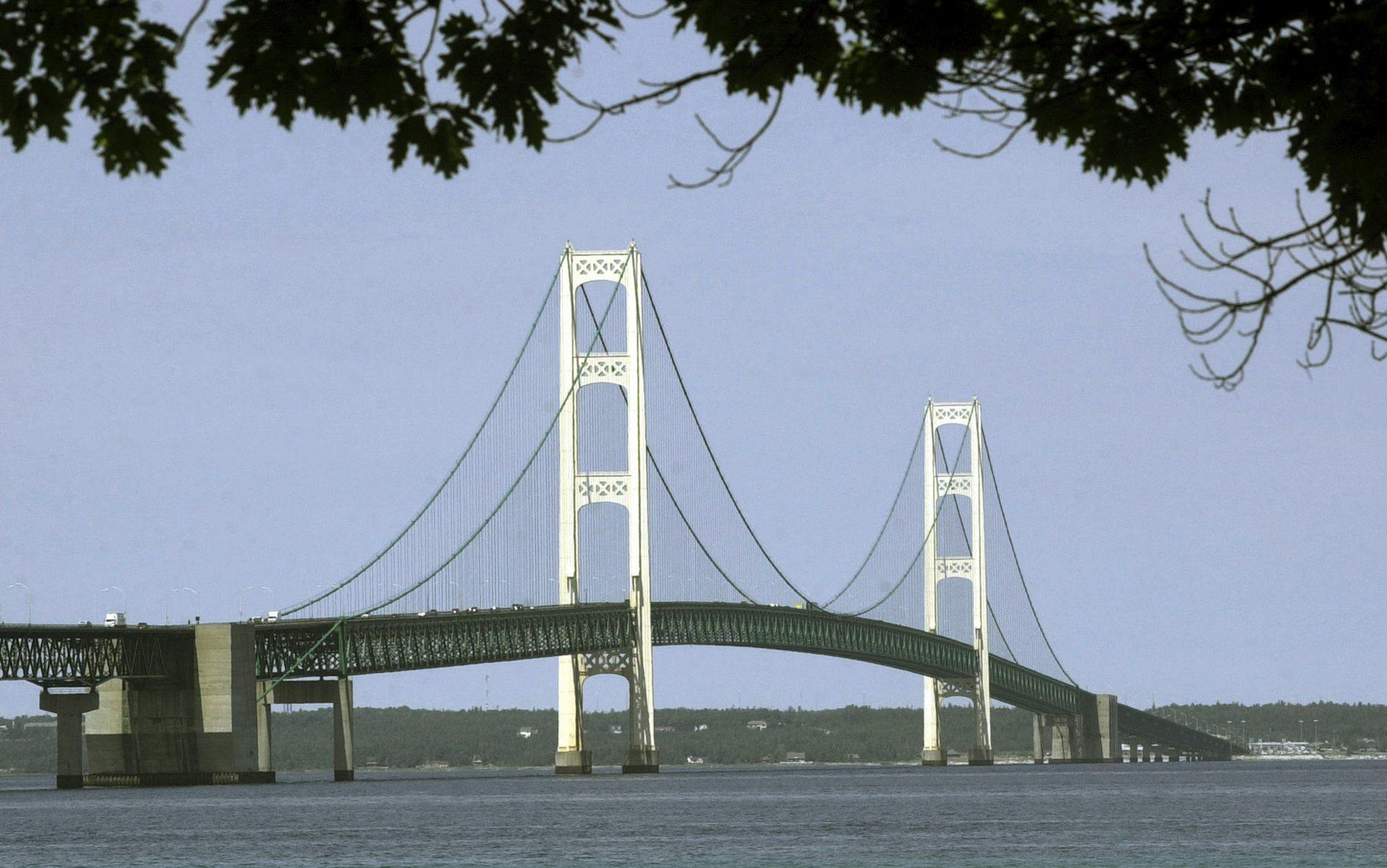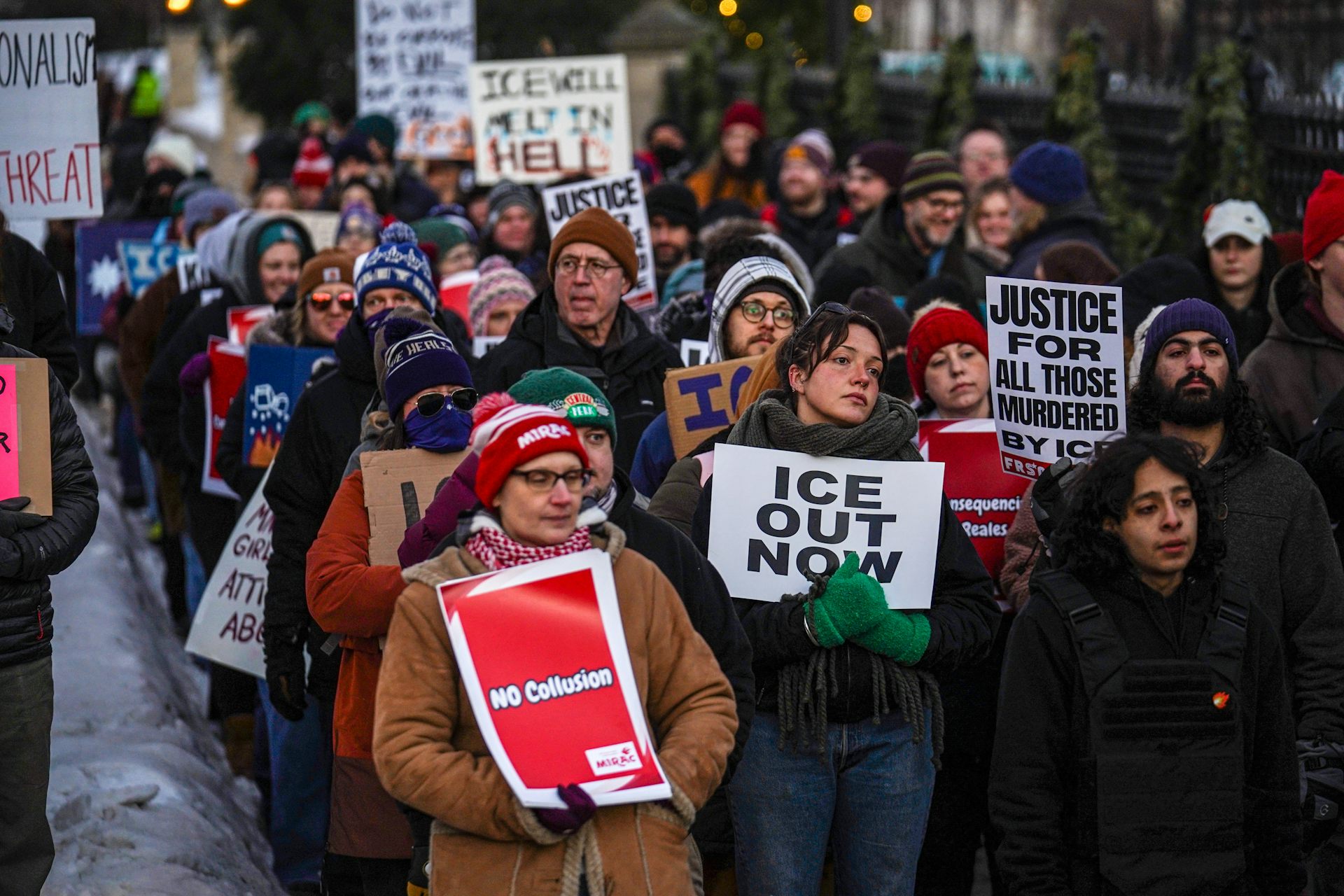Iran’s currency was already tumbling − and then news of Trump’s victory broke
Iran’s rial fell against the dollar just as Trump was claiming victory. The 2 events are linked, argues an expert on the Iranian economy.

As the world absorbed news of Donald Trump’s comeback victory in the 2024 U.S. presidential race, concern in Iran turned to the impact of the election on its own economy amid escalating regional tensions.
Iran’s currency, the rial, fell to an all-time low on Nov. 6. 2024 – trading at above 700,000 rials to the dollar.
But how are Trump’s win and Iran’s economic woes related? The Conversation U.S. turned to Nader Habibi, an expert on the Iranian economy at Brandeis University, to explain.
What has happened to Iran’s currency?
The rial fell to a fresh record low as Donald Trump was claiming victory – trading above the symbolic marker of 700,000 rials to the dollar, according to traders in Tehran, just as results of the U.S. election were coming in.
But it is important to note that Iran’s currency has been losing value steadily in recent months. This has mainly been because of high inflation in the country, which throughout 2024 has been above 30% on a year-to-year basis, and because the government has had to run large budget deficits. It has also been caused by the recent escalation of tensions – and a fresh round of missile exchanges – between Iran and Israel.
As a result of these concerns, Iranians have increasingly been converting most of their savings into U.S. dollars or gold. This, in turn, has led to a depreciation of the rial.
So this trend predated Trump’s win?
Yes. The Iranian economy was already in a perilous state due in large part to the ongoing impact of U.S.-led sanctions on Tehran and ongoing anxiety over the conflict in the Middle East. In fact, the rial hit an earlier low a few days before the election.
In addition, Iran’s leaders have been directing more and more of the country’s oil revenue toward defense. They recently announced a planned increase in military expenditure of 200%, and some members of the ruling elite have called for setting the defense budget as a fixed share of gross domestic product to ensure adequate funding for military priorities. This proposal has added to the private sector’s anxiety about the budget deficit for other government expenditures, which can result in more inflation.
How did Trump’s victory further this currency tumble?
Geopolitical experts expect that a second Trump administration might lead to a shift in U.S. policy on Iran and a return to a “maximum pressure” strategy that included punishing economic sanctions and threats of military action to force Iran to abandon its nuclear ambitions.
While the Biden administration certainly kept the sanctions placed on Iran under Trump – and have even added to them – Washington also engaged in back-channel negotiations with Tehran, which pointed to a diplomatic solution and potentially an agreement that would, one day, ease those sanctions.
And even though the sanctions have remained in place, the Biden administration partially rolled back the enforcement of some of those prohibitions as an incentive for Iran during these back-channel negotiations. Washington, for example, has not prevented Iran’s ongoing indirect oil exports to China in recent years.
Biden’s looser approach to sanction enforcement saw Iranian oil exports increase to 2 million barrels a day, with most of that oil going to China. Under Trump’s “maximum pressure” policy, Iranian oil exports were down to 100,000-150,000 barrels a day.
How does Trump’s relationship with Israel factor in?
Iranians are divided on how the second Trump presidency will affect the Iran-Israel conflict. Some are worried that it will relax any pressure the U.S. has on Israel in trying to contain the current conflict in the Middle East.
The concern is that without this pressure from Washington, Israel will carry out more military operation in Iran. In addition, many Iranians are worried that Trump may give Israel a green light to attack oil assets and Iranian infrastructure – and that would be even more costly to Iran’s economy.
These fears were heightened by the fact that Israel’s prime minister, Benjamin Netanyahu, was among the first world leaders to congratulate Trump, noting that the victory represented “a powerful recommitment to the great alliance between Israel and America.”
Many Iranians are also worried that Trump’s victory may worsen relations between Washington and Tehran. While the U.S. and Iran don’t have direct diplomatic ties, it has been widely reported that under Biden there have been indirect and secret negotiations. The concern is that Trump, who is perceived in Tehran as more unpredictable than Biden, will not pursue the same strategy.
At the same time, some Iranians believe that Trump might try to de-escalate the war in Gaza, and this will also reduce tensions between Iran and Israel. This group points to Trump’s repeated expressions of interest in ending both the Ukraine war and the Middle East conflict. If the sentiments of this group of Iranians prevail, the anxiety that has triggered a new decline in the rial’s value might be temporary.
What has Tehran said about Trump’s victory?
Iran has downplayed any impact of the U.S. election on its economy. Fatemeh Mohajerani, a spokeswoman for Iranian President Masoud Pezeshkian’s administration, said on Nov. 6, 2024, that the election of a U.S. president “doesn’t have anything specifically to do with us,” adding that the “major policies of America and the Islamic Republic are fixed, and they won’t heavily change by people replacing others.”
But this appears to be posturing by Iran’s leaders. They want to minimize the impact that Trump’s victory may have on their economy and are trying to reassure the domestic market.
But this might not prove effective – and we might see even more devaluation of Iranian currency in the coming weeks.
Nader Habibi does not work for, consult, own shares in or receive funding from any company or organization that would benefit from this article, and has disclosed no relevant affiliations beyond their academic appointment.
Read These Next
Honoring Colorado’s Black History requires taking the time to tell stories that make us think twice
This year marks the 150th birthday of Colorado and is a chance to examine the state’s history.
50 years ago, the Supreme Court broke campaign finance regulation
A gobsmacking amount of money is spent on federal elections in the US. The credit or blame for that…
When civil rights protesters are killed, some deaths – generally those of white people – resonate mo
From the civil rights era of the 1960s until today, white victims of government violence have received…






